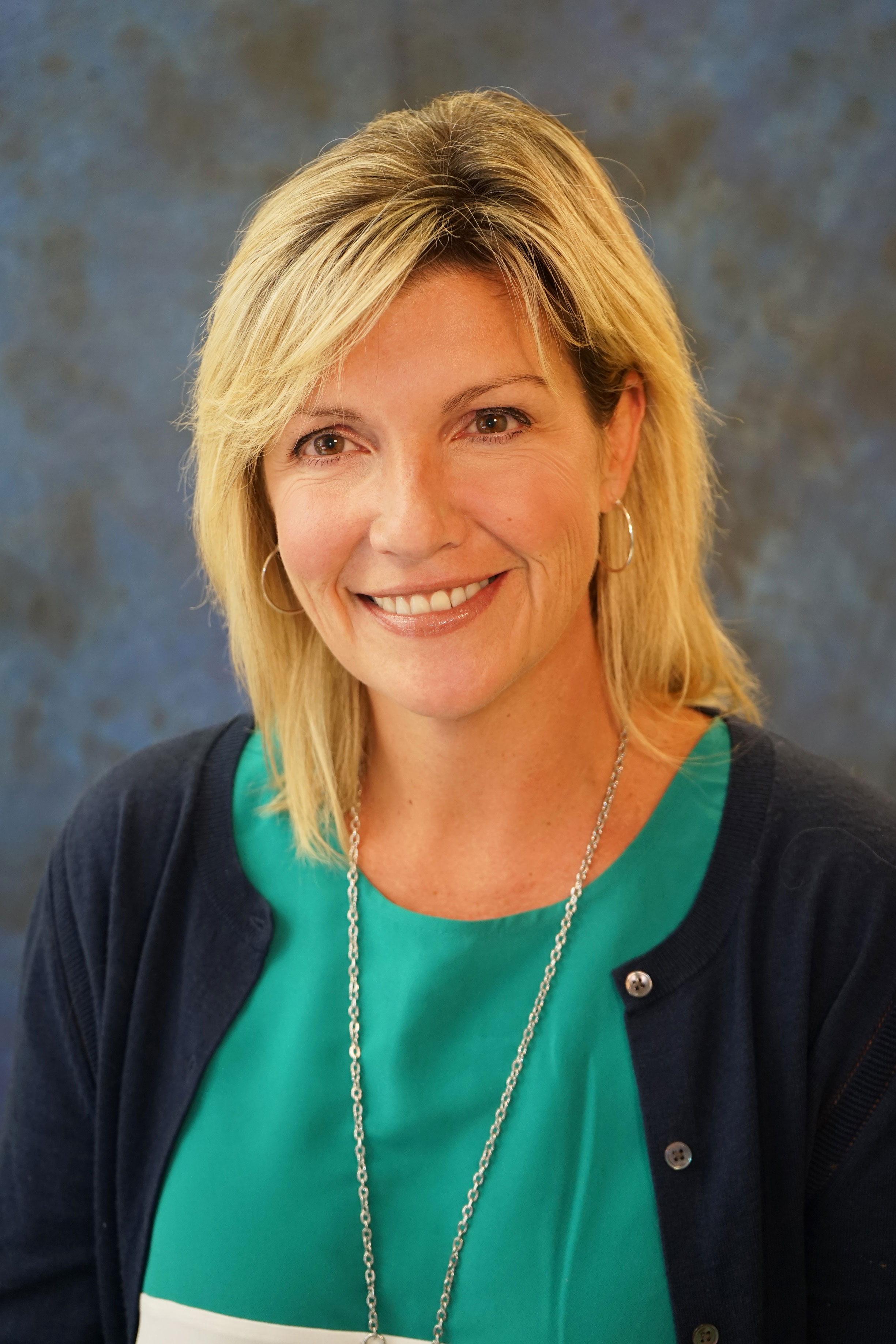
Dr. OneskoŌĆÖs current research intersects with her clinical experience and examines the improvement of physical exams during telehealth visits. She acknowledges that although virtual medical visits are not ideal for every patient and situation, the provision of remote care has steadily improved with nearly a year of additional experience and expertise by medical professionals. She notes that telehealth is well-suited for some types of routine care such as wellness visits, medication consultations, nutrition counseling, mental health treatment, resolution of acute complaints, and ongoing maintenance of certain chronic conditions, but they also pose a unique set of challenges without face-to-face interaction with patients. In collaboration with faculty from the Department of Computer Science at ║┌┴Ž═°, Dr. Onesko is working to improve physical exams using newer approaches. A necessity during the pandemic, virtual provider visits are popular with patients who have provided positive feedback and expect this option to continue indefinitely, according to Dr. Onesko, creating a demand for inclusion of telehealth in nursing education and continuous improvement of remote care delivery.
Provision of quality medical care that removes barriers to underserved patients and is delivered within the comfort of their home environments has been a longstanding interest for Dr. Onesko. Her previous research examined the impact of home visits by advanced practice registered nurses (APRNs) on chronically ill, homebound older adults following a hospital or extended care facility stay. Her model for transitional care by APRNs providing home visits for the chronically ill led to improved outcomes, including lower rates of recidivism for hospitalization and emergency department visits, lower medical costs, increased patient satisfaction with healthcare providers, and better overall quality of life for this population. Dr. Onesko has presented this research at local and national conferences, and her article, ŌĆ£Impact of APN Home Visits in Reducing Health Care Costs and Improving Function in Homebound Heart Failure,ŌĆØ was published in the journal, Home Health Nurse.
With 19 years of practice as a nurse practitioner and over a decade of service to the College of Nursing, Dr. Onesko has served both patients and students as a dedicated medical professional. After precepting students in her clinical practice for several years, she joined the ║┌┴Ž═° College of Nursing faculty, noting, ŌĆ£I always enjoyed (and still do) precepting students and knew that I would love teaching at the CON. I also was a student at ║┌┴Ž═° for both my BSN and MSN degree programs, so I have a lot of ŌĆśrootsŌĆÖ at the College and really feel passionate about making our graduate programs successful and preparing our students to be top-notch practitioners.ŌĆØ Dr. Onesko earned her Doctor of Nursing Practice (DNP) degree from Rush University in Chicago, served as the Director of the Nurse Practitioner (NP) programs and Director of the Adult-Gerontology program, and is now Director of the Doctor of Nursing Practice (DNP) program. She is a member of the National League for Nursing, National Organization of Nurse Practitioner Faculty, National Lipid Foundation, Ohio Association of Advanced Practice Nurses, American Academy of Nurse Practitioners, and Sigma Theta Tau International, as well as a member of the editorial board for OJIN: The Online Journal of Issues in Nursing. In addition to her scholarly pursuits at the College, Dr. Onesko has been instrumental in securing grant funding to support graduate nursing student education, including awards from Jonas Philanthropies and PegŌĆÖs Foundation. Her service to the College of Nursing has been recognized with the Barbara Donaho Distinguished Leadership in Learning and Faculty Recognition awards, and she generously gives of her time as a volunteer for the Faithful Servants Care Center and Esperanza, Inc. college mentoring program for Hispanic high school students interested in pursuing a career in nursing.
